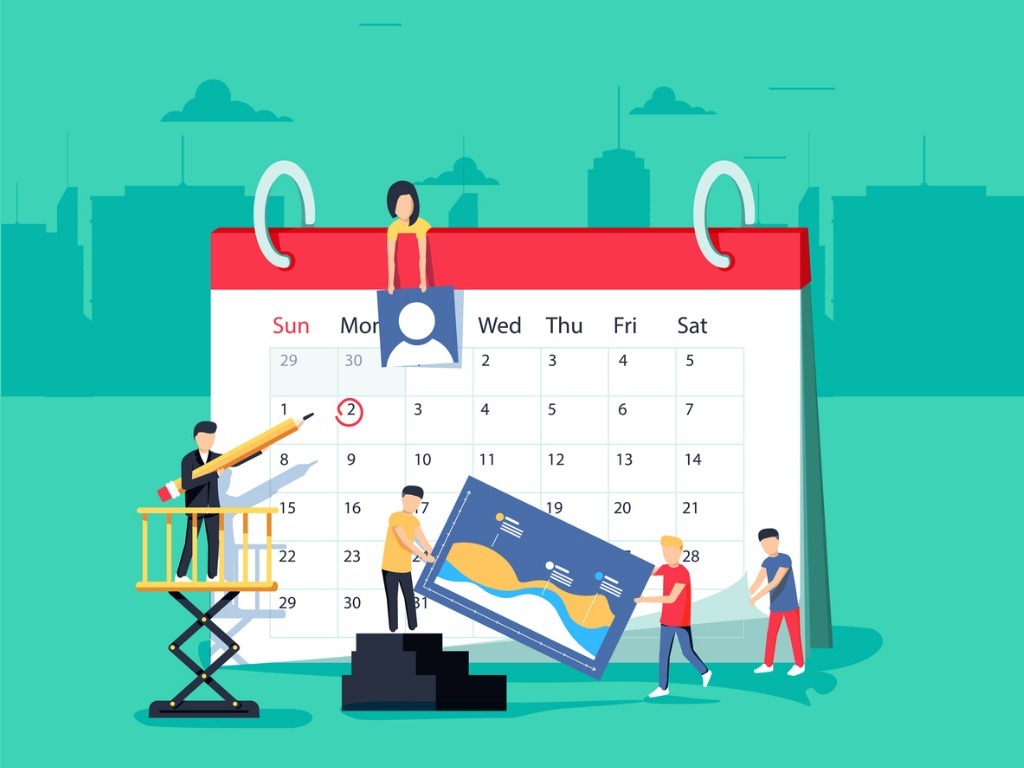
Maria Henze gives her top tips for dealing with back-to-work anxiety
You know that sinking feeling, when you have had a wonderful holiday, a totally blissful break from inboxes and meetings, organising events and putting out fires; and the day you have to go back to doing all those things again feels like it is approaching far too fast? Few and far between are the people who have never experienced “going back to work anxiety” after a holiday. This can be especially true after a long summer break. Did you feel it this year, when you went back to work after your summer holiday? You are not alone.
The feeling of dread has very little to do with how we feel about our jobs. We are professionals who like what we do and who are stimulated by our jobs. (If you do not like what you do or feel stimulated by your job, read no further, and instead invest all your time and energy in finding a different job or a different career altogether!). So, if we are not unhappy at work, why do we feel reluctant to go back after a break?
One reason may be as simple as dreading having to get up early and follow a schedule again, when you have been used to relaxing. You may also start to feel apprehensive when you think about the heavy backlog you know is awaiting you, in addition to the usual demands, as soon as you set foot in the office. Having been away, you may not feel you are up to speed and ready to deal with all that awaits you on your first day, or in your first week. Often, one negative feeling can lead to another, and all those negatives can conjure up a dark picture, building up feelings of reluctance and anxiety about the prospect of going back to work.
There are tricks to deal with all of this. One such trick is going back to work in the middle of the week rather than on a Monday. Starting on a Wednesday or a Thursday is a gentle way of getting back into the swing of things, making sure you are not overwhelmed by a full week’s work straight away. Another trick is going to bed closer to your normal bedtime, the closer you get to the end of your holiday. If you travel across time zones, try to plan your trips to allow a few days at home to adjust back to your own time zone. It is no fun going to work when you are jetlagged, even at the best of times. You can make your return to work easier by preparing for it in advance. Finish off as much work as you can before you start your holiday. Delegate tasks that can easily be covered by others in your absence to avoid backlogs (and be prepared to do the same for them). Plan for your first week back in advance, including booking uninterrupted time for yourself, to go through your backlog in peace (300 unread e-mails, anyone?).
There is another, perhaps somewhat surprising, reason why people feel anxious and depressed at the thought of having to return to work. Many people simply pack too much into their holidays. How many times have you planned your summer holiday for weeks or even months in advance? It is true that forward planning is a fantastic way to prolong your holiday enjoyment – the anticipation allows you to enjoy it long before it has even started. However, with too much advance planning, you run the risk of becoming over-enthusiastic and trying to fit too many activities into your weeks off. By not allowing yourself free time and opportunities to be spontaneous or to simply “do nothing”, you may end up feeling more exhausted than refreshed at the end of the break. One synonym of the word “holiday” is “rest”. It is important to remember that our bodies and minds need rest from time to time, in order to cope with the many demands we place on them.
Always remember that your attitude influences how you feel. Feeling grateful for your interesting job, wonderful colleagues, the difference you are making and the money you are earning will energise you and help you look forward to getting back to work.












